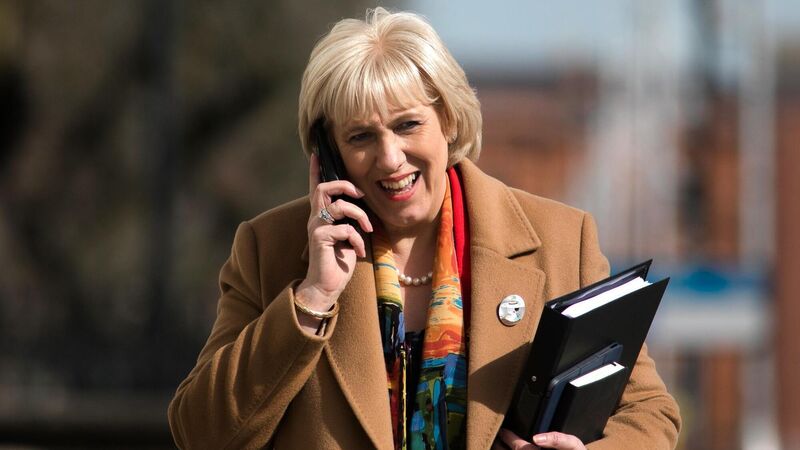Increase in jobseeker's benefit on cards as PUP phased out

Social protection minister Heather Humphreys said that people who lose their jobs 'don't want to see that cliff-edge income drop'. Picture: Gareth Chaney/Collins
The Government is looking at increasing the jobseeker's benefit rate to avoid a 'cliff-edge income drop', according to the social protection minister Heather Humphreys.
Announcing a raft of new measures today, including the phasing out of the pandemic unemployment payment, with a view to removing it by February, Ms Humphreys said her officials are looking at increasing the rates of other benefits.










